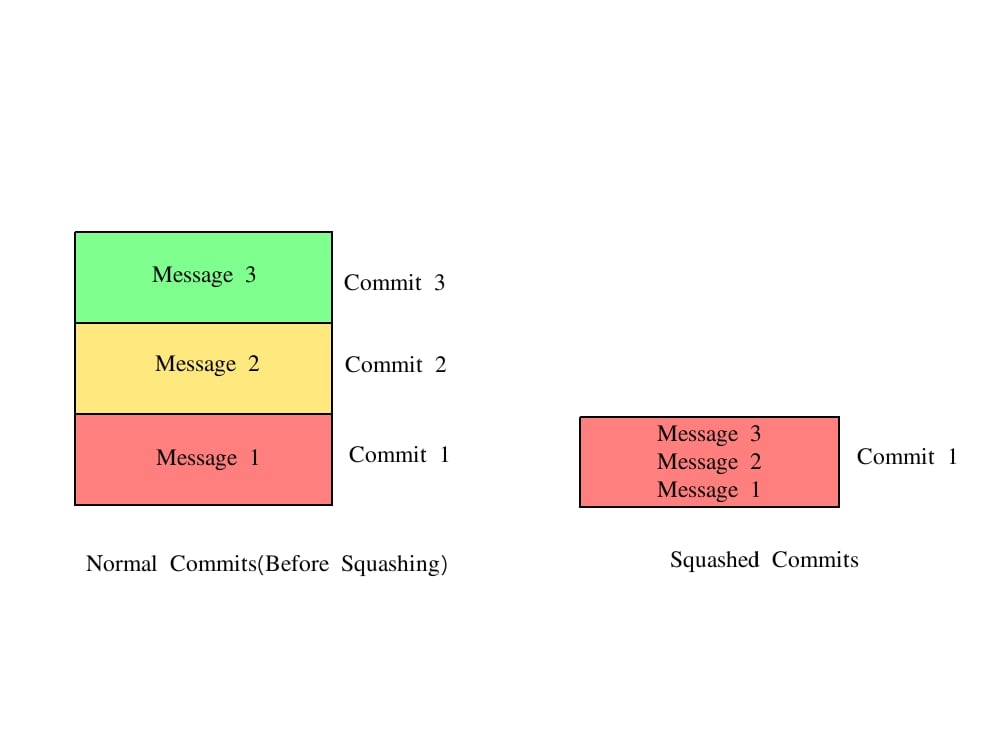- Sign up for GCP Free Trial (requires credit card for billing).
- Create a Project in the GCP Console.
- Go to Billing → Link a Billing Account to your project.
NOTE: This seems fixed our cluster. BUT I do see some still reporting cgroup2 having same issue, for example here. So YMMV.
DISCLAIMER: This seems works in our env. may not work in others. I'm still not sure what is the real root cause(s) yet. Not even 100% sure it full fixes in our env - it's been good for 2 weeks. But if it reappears, (for example, under certain use cases. high load or something), I'll be doomed.
Switching to cgroup v2 seems fixed the nvml suddenly go away in pod issue.
This file contains hidden or bidirectional Unicode text that may be interpreted or compiled differently than what appears below. To review, open the file in an editor that reveals hidden Unicode characters.
Learn more about bidirectional Unicode characters
| /* | |
| <https://stackoverflow.com/questions/40296831/is-it-possible-to-force-a-copy-of-a-protected-google-doc> | |
| NOTE - 2021-05-24 | |
| ----------------- | |
| The script below isn't the fastest way to copy-and-paste from a protected | |
| Google Doc. Before trying it, I'd suggest following MikoFrosty's advice from | |
| the comments: |
This file contains hidden or bidirectional Unicode text that may be interpreted or compiled differently than what appears below. To review, open the file in an editor that reveals hidden Unicode characters.
Learn more about bidirectional Unicode characters
| #!/usr/bin/env bash | |
| set -e | |
| CONTEXT="$1" | |
| if [[ -z ${CONTEXT} ]]; then | |
| echo "Usage: $0 KUBE-CONTEXT" | |
| exit 1 | |
| fi |
Jon Warbrick, July 2014, V3.2 (for Ansible 1.7)
First one found from of
This file contains hidden or bidirectional Unicode text that may be interpreted or compiled differently than what appears below. To review, open the file in an editor that reveals hidden Unicode characters.
Learn more about bidirectional Unicode characters
| #!flask/bin/python | |
| from flask import Flask, jsonify, abort, request, make_response, url_for | |
| from flask_httpauth import HTTPBasicAuth | |
| app = Flask(__name__, static_url_path = "") | |
| auth = HTTPBasicAuth() | |
| @auth.get_password | |
| def get_password(username): | |
| if username == 'miguel': |
